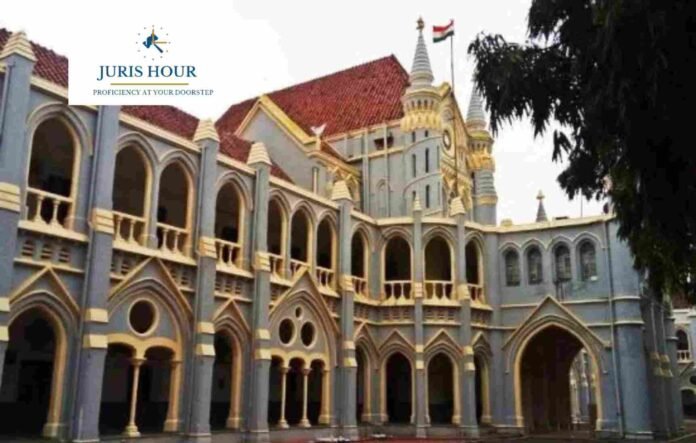The Madhya Pradesh High Court at Jabalpur imposed the cost of Rs. 25k on the GST officer for wrongly dismissing the appeal as time-barred.
The Bench of Justice Vivek Agarwal and Justice Avanindra Kumar Singh held that the appellate authority had miscalculated the limitation period under Section 107 of the CGST Act, 2017.
The judgment came in a writ petition filed by Laxmi Motors challenging the order dated August 13, 2025, passed by the Appellate Authority and Joint Commissioner of State Taxes, Satna Division. The authority had dismissed the petitioner’s appeal against a penalty order dated July 26, 2024, on the ground that it was filed beyond the prescribed limitation period.
The petitioner contended that the computation of limitation should exclude the day on which the original order was passed — in this case, July 26, 2024 — as per Section 9 of the General Clauses Act, 1897. Therefore, the three-month limitation period for filing an appeal under Section 107(1) of the CGST Act would begin on July 27, 2024, and expire on October 27, 2024.
Section 107(4) provides for an additional one-month grace period, extending the total permissible time to November 26, 2024. Since the appeal had been filed on November 25, 2024, it was within the statutory limitation period.
The department argued that the department had computed the limitation period as 120 days from the date of the order, making the appeal two days late. However, the Bench found this computation to be contrary to statutory and judicial interpretations.
The Court relied on the Supreme Court’s decision in State of Himachal Pradesh & Anr. v. Himachal Techno Engineers & Anr. [(2010) 12 SCC 210], which held that under Section 9 of the General Clauses Act, the first day in a period of limitation is to be excluded when computing time “from” a particular date. The Bench also referred to Bibi Salma Khatoon v. State of Bihar [(2001) 7 SCC 197] and the English decision in Dodds v. Walker [(1981) 1 WLR 1027 (HL)] to emphasize that the term “month” refers to a calendar month reckoned from the corresponding date in the following month.
Applying these principles, the Court concluded that the limitation began on July 27, 2024, and the three-month period ended on October 27, 2024, with the one-month grace period extending until November 26, 2024. Hence, the appeal filed on November 25, 2024, was well within time.
The Bench ruled that the order dated August 13, 2025, passed by the Appellate Authority was unsustainable in law and accordingly quashed it. The Court restored the appeal and directed that it be decided on merits.
Additionally, the Court imposed costs of Rs. 25,000 on the State, to be recovered from the delinquent officer responsible for the erroneous computation of limitation. It explicitly directed that the amount shall not be paid from the public exchequer.
Case Details
Case Title: Laxmi Motors Versus state
Case No.: WRIT PETITION No. 35184 of 2025
Date: 15/10/2025
Counsel For Petitioner: Usrethe
Counsel For Respondent: Paroha
Read More: Gujarat HC Upholds Rs. 10 Lakh Customs Penalty on Doctor Convicted In Mandrax Export Case

